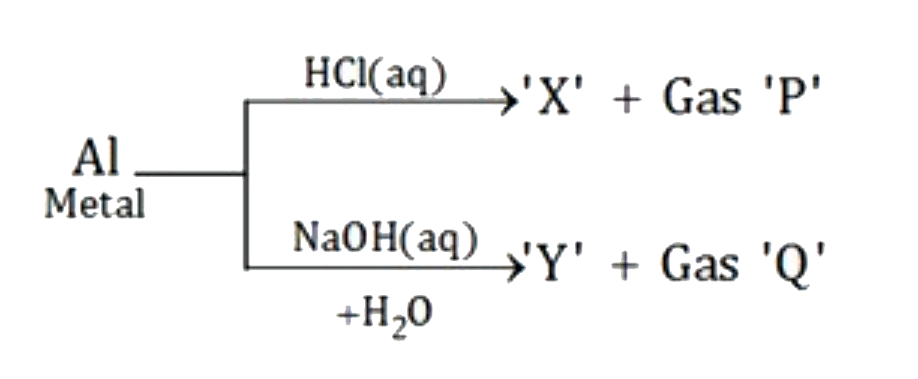The incorrect statement regarding defects in crystalline solid is
Schottky defect decreases the density of ionic solid
Frenkel defect does not affect the stability of ionic solid
Schottky defect increases electrical conductivity of ionic solid.
Frenkel defect is a dislocation defect.
To solve the question regarding the incorrect statement about defects in crystalline solids, we will analyze each statement one by one.
Step 1: Analyze the first statement
Statement: The Schottky defect decreases the density of the ionic solid.
Explanation: This statement is correct. In a Schottky defect, equal numbers of cations and anions leave the crystal lattice, creating vacancies. Since there are fewer ions in the lattice, the overall density of the solid decreases.
Hint: Remember that Schottky defects involve the loss of equal numbers of cations and anions, leading to a reduction in density.
---
Step 2: Analyze the second statement
Statement: Frenkel defect does not affect the stability of the ionic solid.
Explanation: This statement is incorrect. In a Frenkel defect, an ion (usually a cation) moves from its normal lattice position to an interstitial site, creating a vacancy. This movement disrupts the regular arrangement of ions, which can lead to a decrease in the stability of the ionic solid.
Hint: Consider how the movement of ions affects the crystal structure and stability.
---
Step 3: Analyze the third statement
Statement: The Schottky defect increases the electrical conductivity of the ionic solid.
Explanation: This statement is correct. The presence of vacancies in the Schottky defect allows for easier movement of ions, which enhances electrical conductivity. More vacancies mean more pathways for ionic movement.
Hint: Think about how vacancies can facilitate the movement of charge carriers in the solid.
---
Step 4: Analyze the fourth statement
Statement: Frenkel defect is a dislocation defect.
Explanation: This statement is correct. A Frenkel defect involves the displacement of an ion from its lattice position to an interstitial site, which constitutes a dislocation in the crystal structure.
Hint: Remember that dislocation defects involve the movement of ions from their original positions.
---
Conclusion
After analyzing all statements, we find that the incorrect statement regarding defects in crystalline solids is the second one: "Frenkel defect does not affect the stability of the ionic solid."
Final Answer: The incorrect statement is option 2.
---
Statement: The Schottky defect decreases the density of the ionic solid.
Statement: Frenkel defect does not affect the stability of the ionic solid.
Statement: The Schottky defect increases the electrical conductivity of the ionic solid.
Statement: Frenkel defect is a dislocation defect.
After analyzing all statements, we find that the incorrect statement regarding defects in crystalline solids is the second one: "Frenkel defect does not affect the stability of the ionic solid."
Topper's Solved these Questions
Similar Questions
The incorrect statement regarding defects in crystalline solids is
View SolutionThe correct statement regarding defects in crystalling solids.
View SolutionA crystalline solid
View SolutionWhich of the following statements regarding defects in crystalline solids is correct?
View SolutionThe incorrect statement regarding biogas is
View SolutionThe incorrect statement regarding ethylene is
View SolutionThe incorrect statement regarding cellulose is
View SolutionThe corrent statement regarding defects is solids in solids is
View SolutionIncorrect statement regarding AIDS is
View Solution
The incorrect statement regarding above reactions is
View Solution
